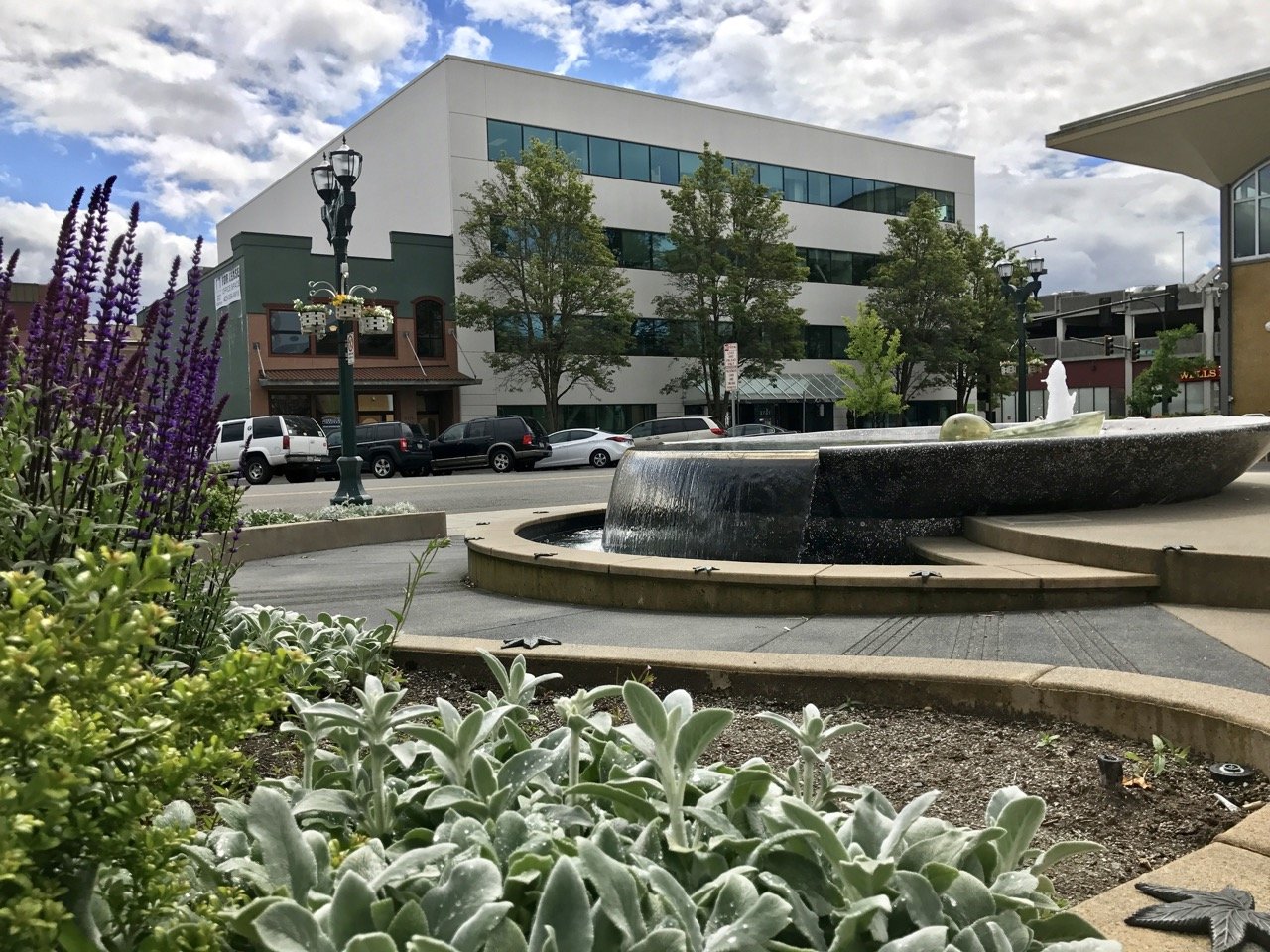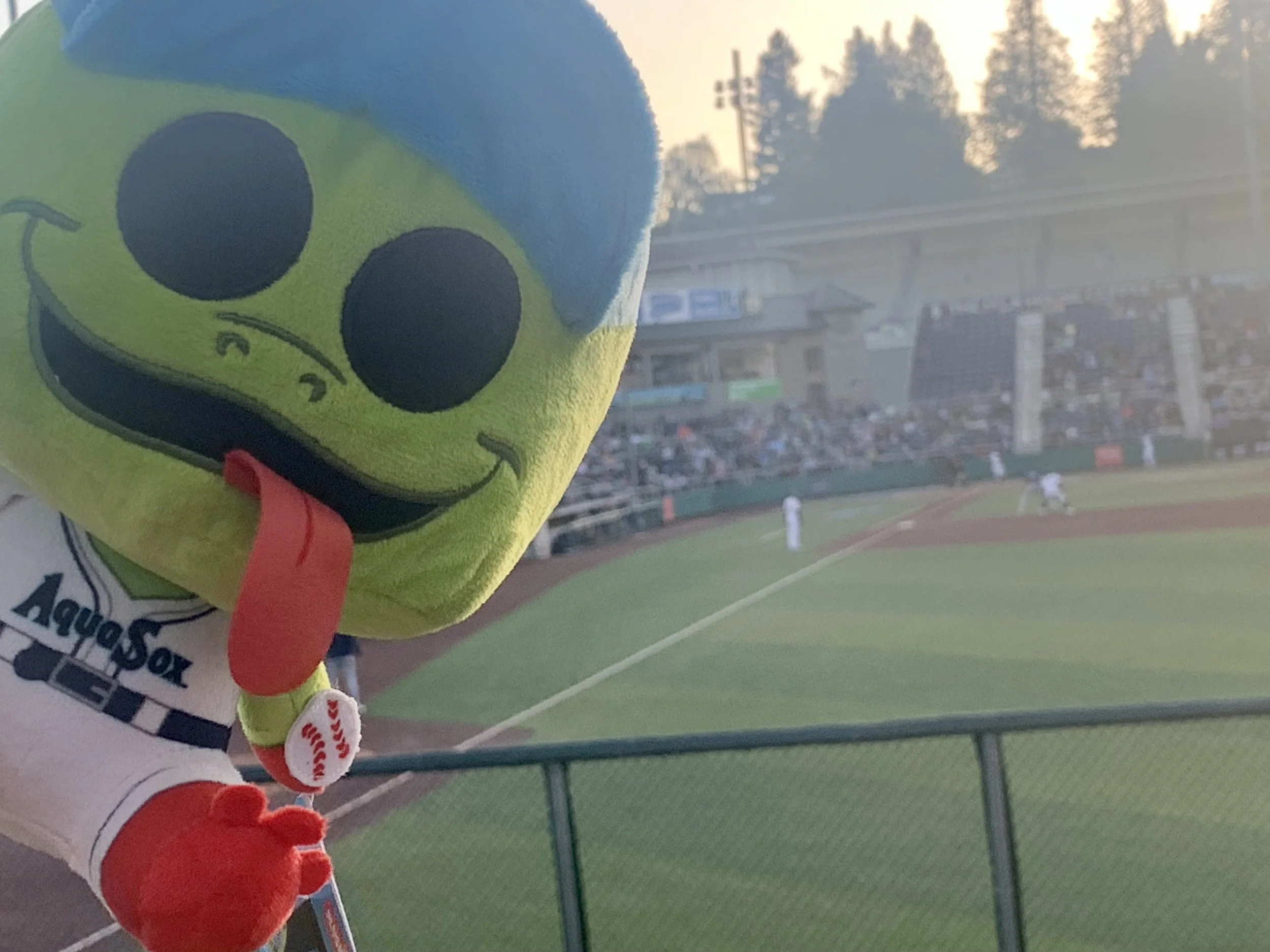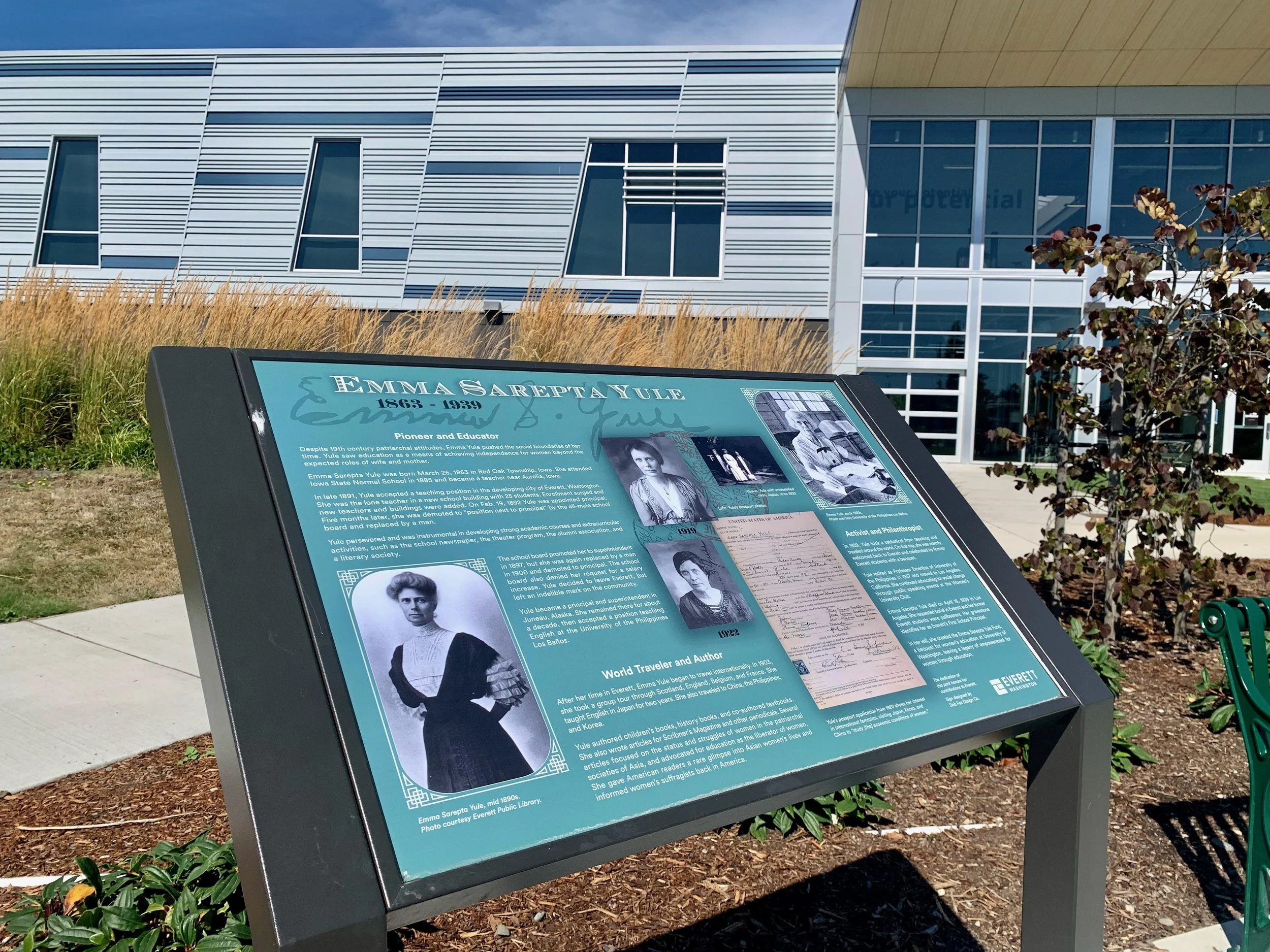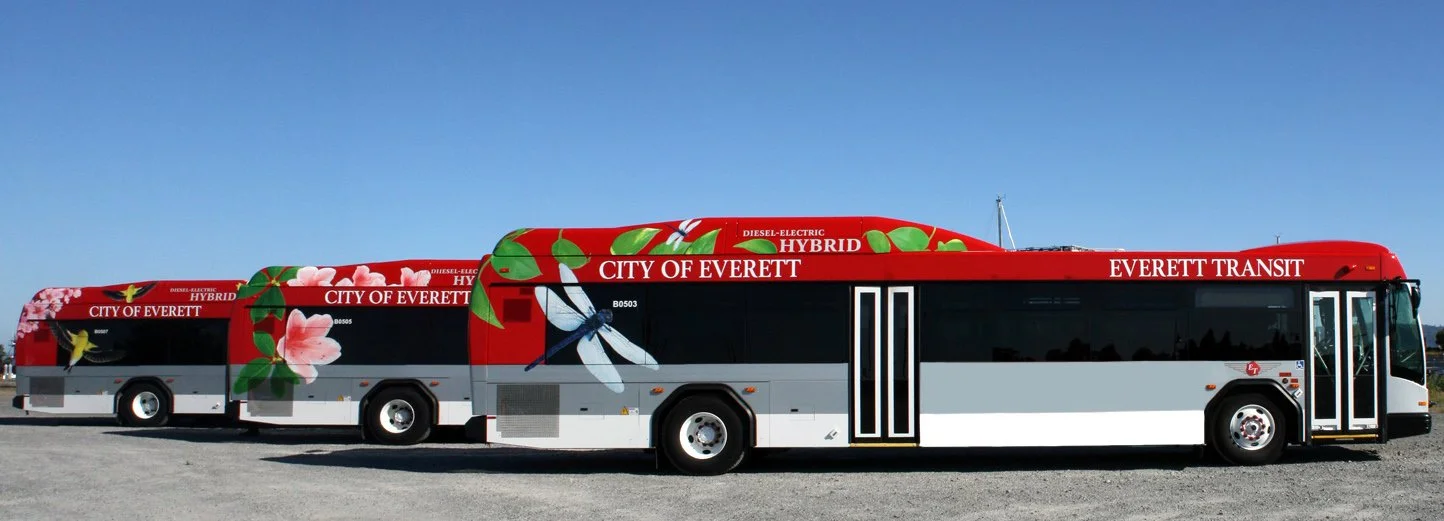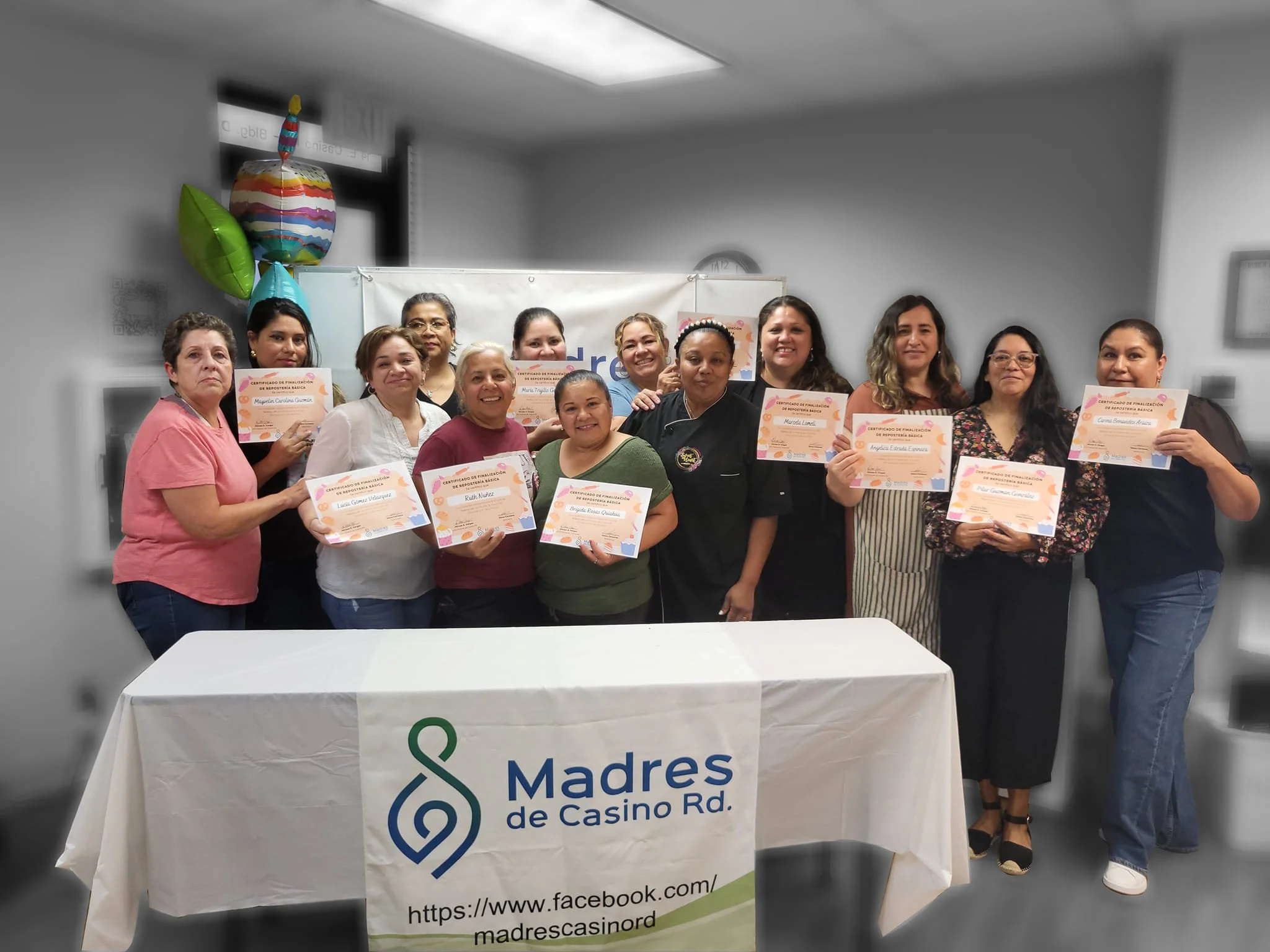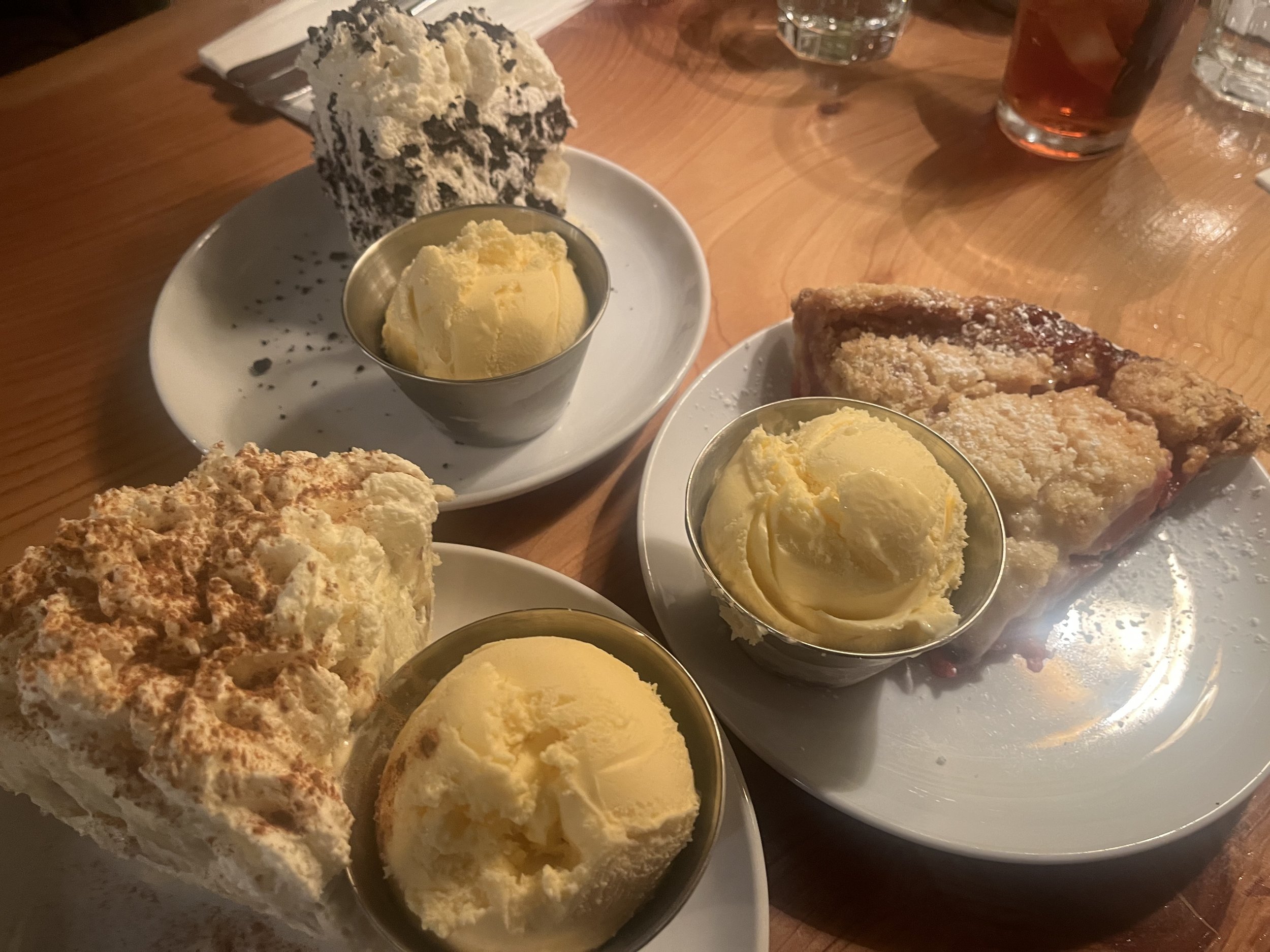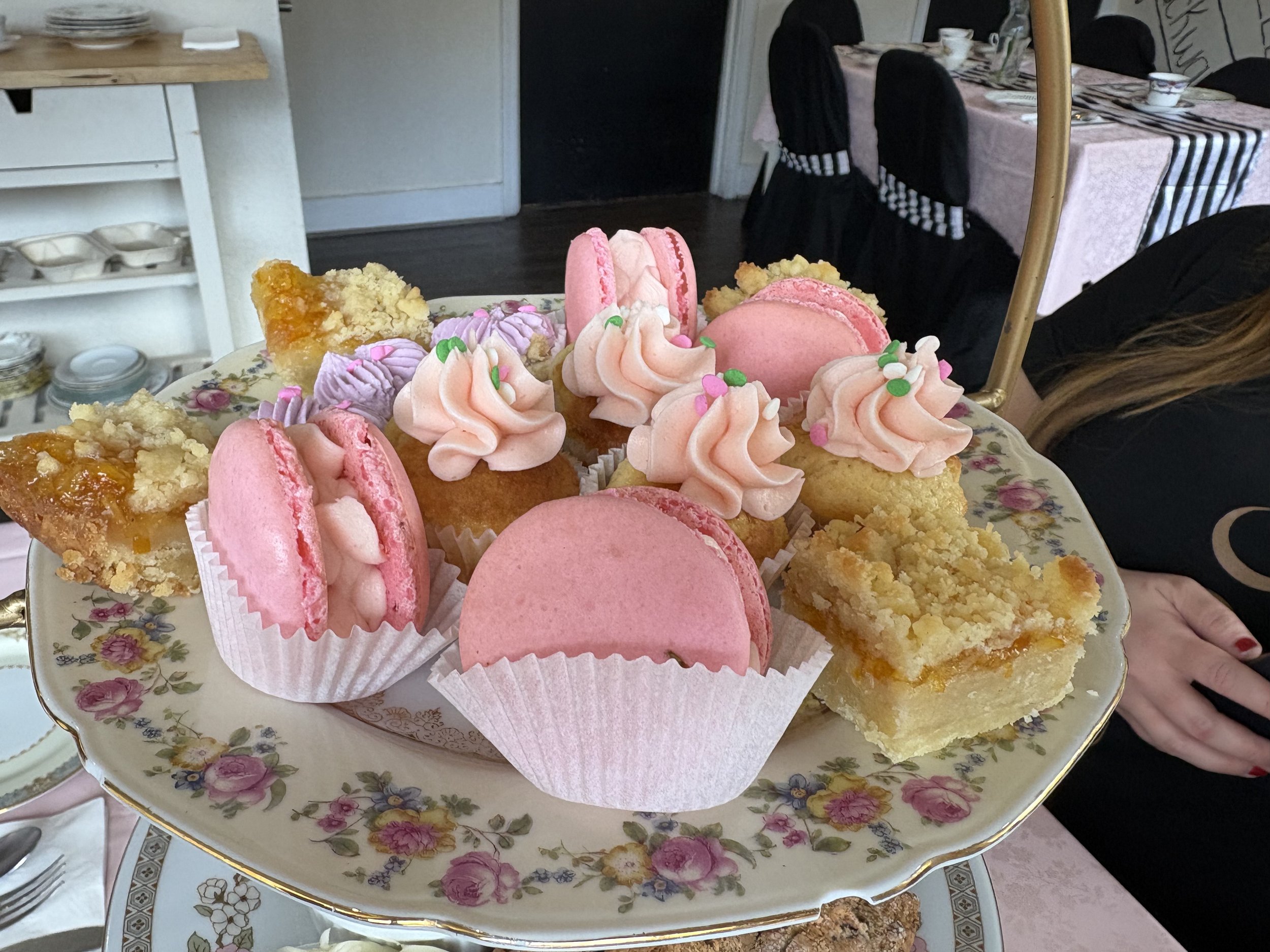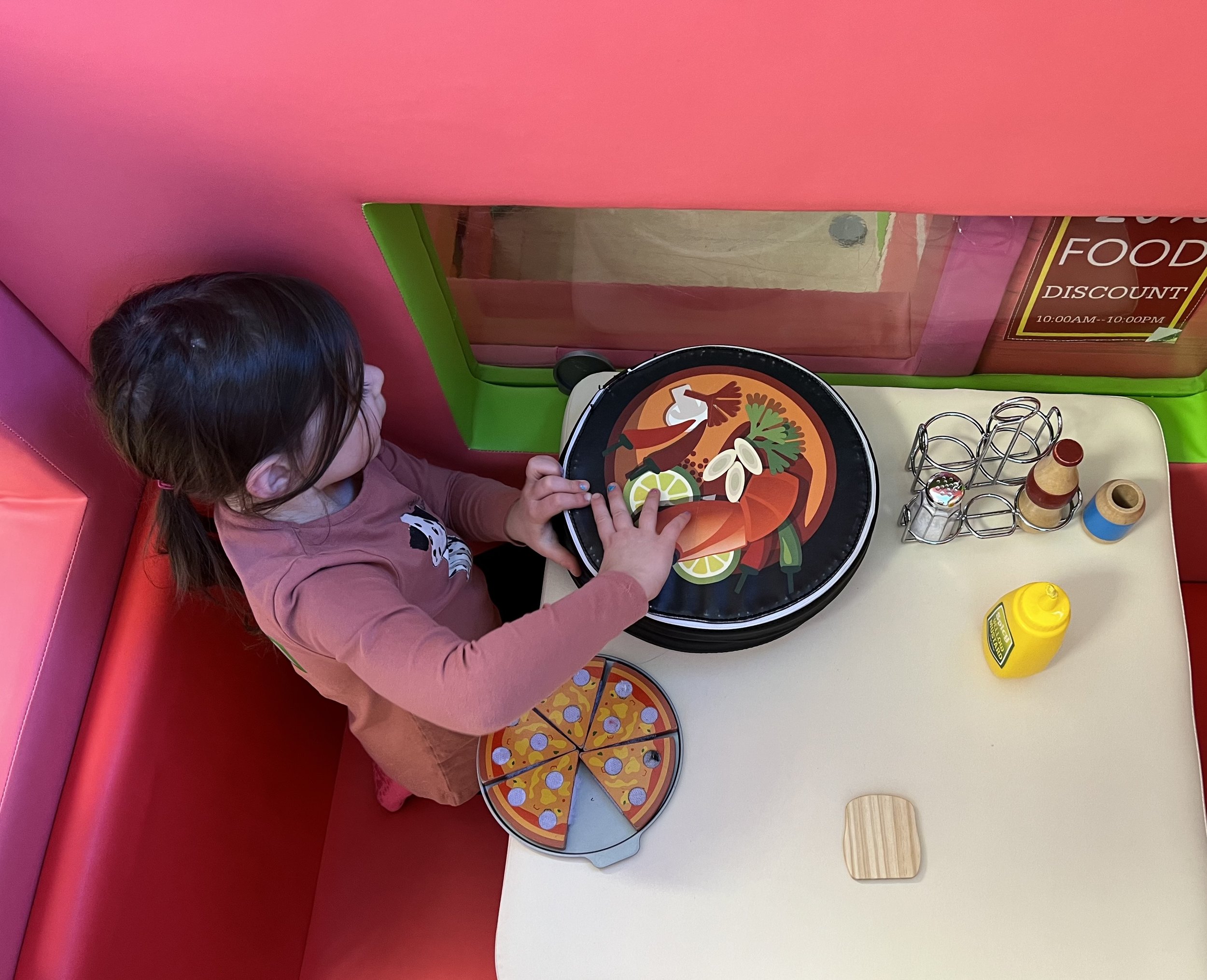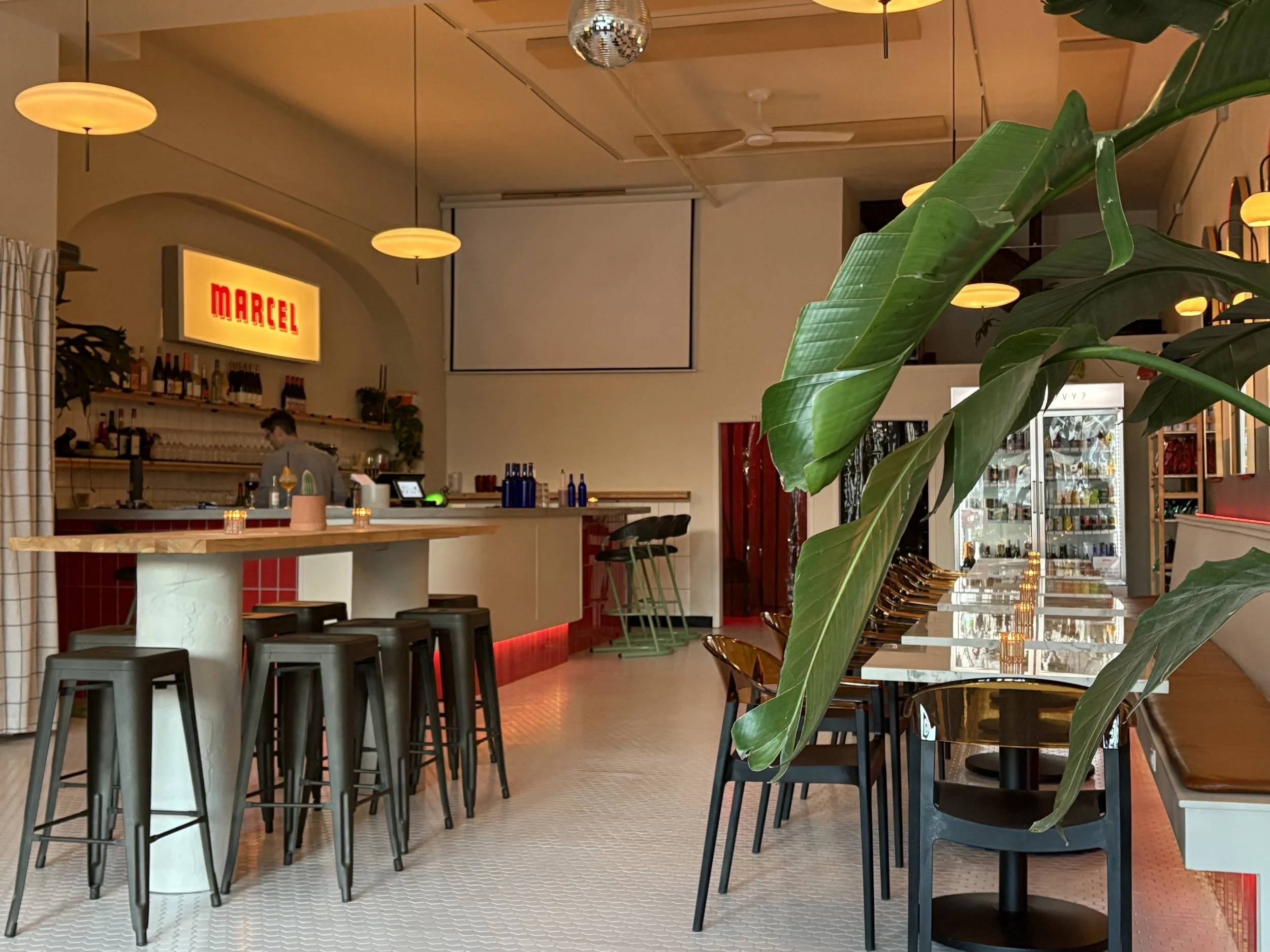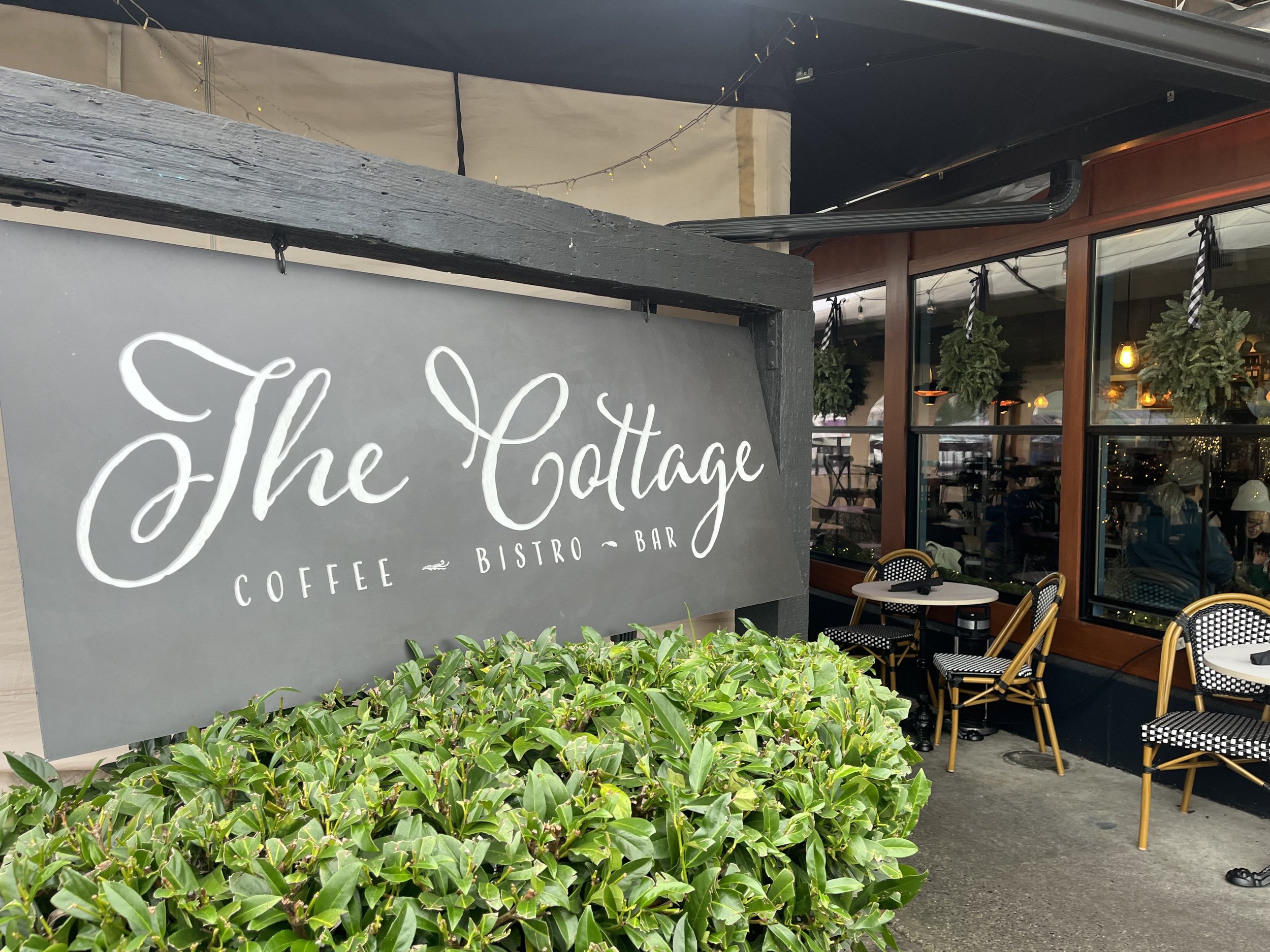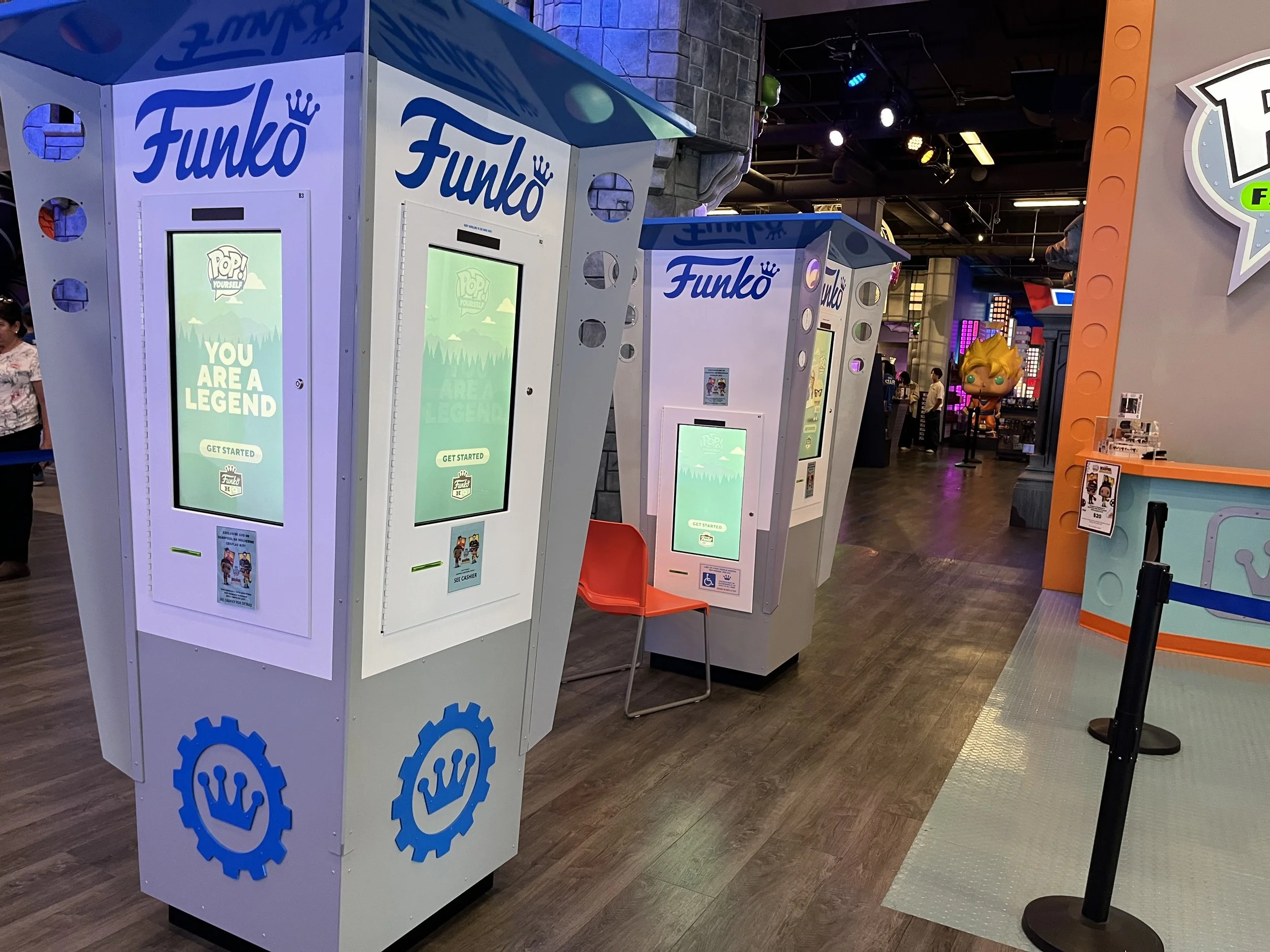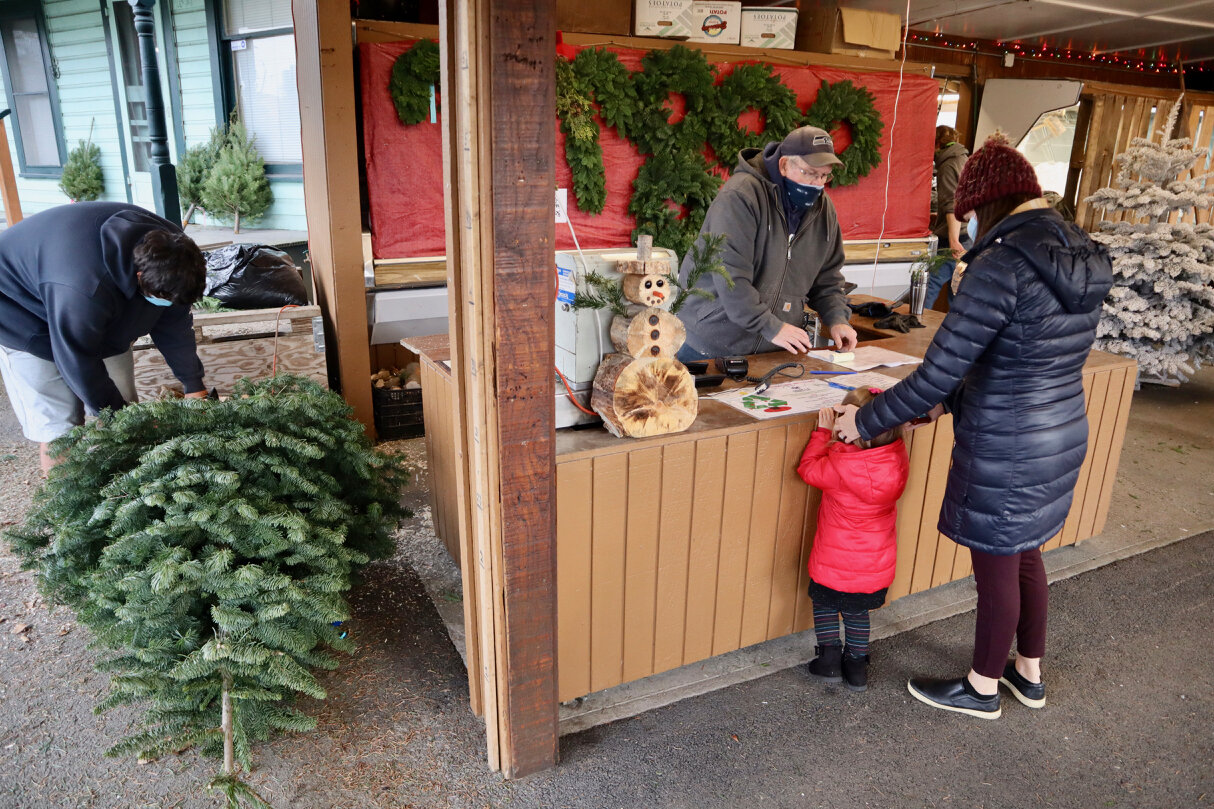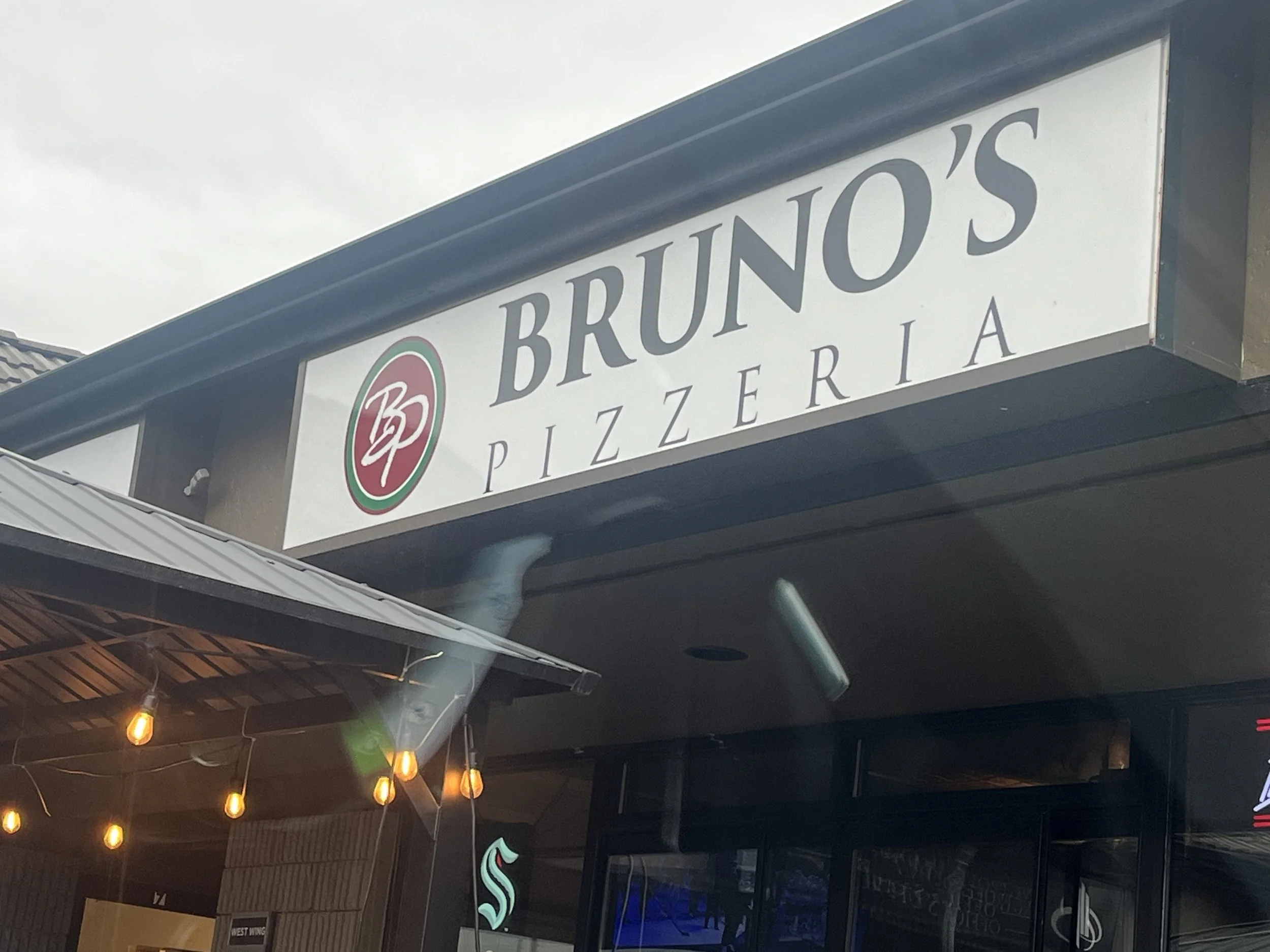The primary is past and November is right around the corner and you know what that means - elections are coming! And not just any election, our local elections! That means we get to vote for the positions that directly impact our local communities like city council members, county judges, and even school board members.
Now let’s be real with each other - local elections just aren’t as sexy as the national ones. There’s not the same level of fanfare or drama and that translates directly to our turnout numbers. In 2021, only 35.92% of eligible voters participated in our Snohomish County general election and, just this past August, only 26.57% participated in the 2023 primary.
This sucks because local elections matter. Local elections have direct impacts on homelessness, public safety, food access, schools, healthcare, roads, public utilities, community events, and every aspect of our shared society. The people we elect to our local city and county positions make direct decisions about how resources and funding will be allocated in each department and geographical area of our community, and local elections are our opportunity, as community members, to use our collective voice to either say “good job, we’ll keep you another term” or “good riddance, we’ll show you the door.”
In fact, local elections are one of the only ways to ensure the people we’ve elected to power are doing the task we’ve ultimately elected them to do - to make our community a safe one for us, and our families (and their future families), to live and grow in.
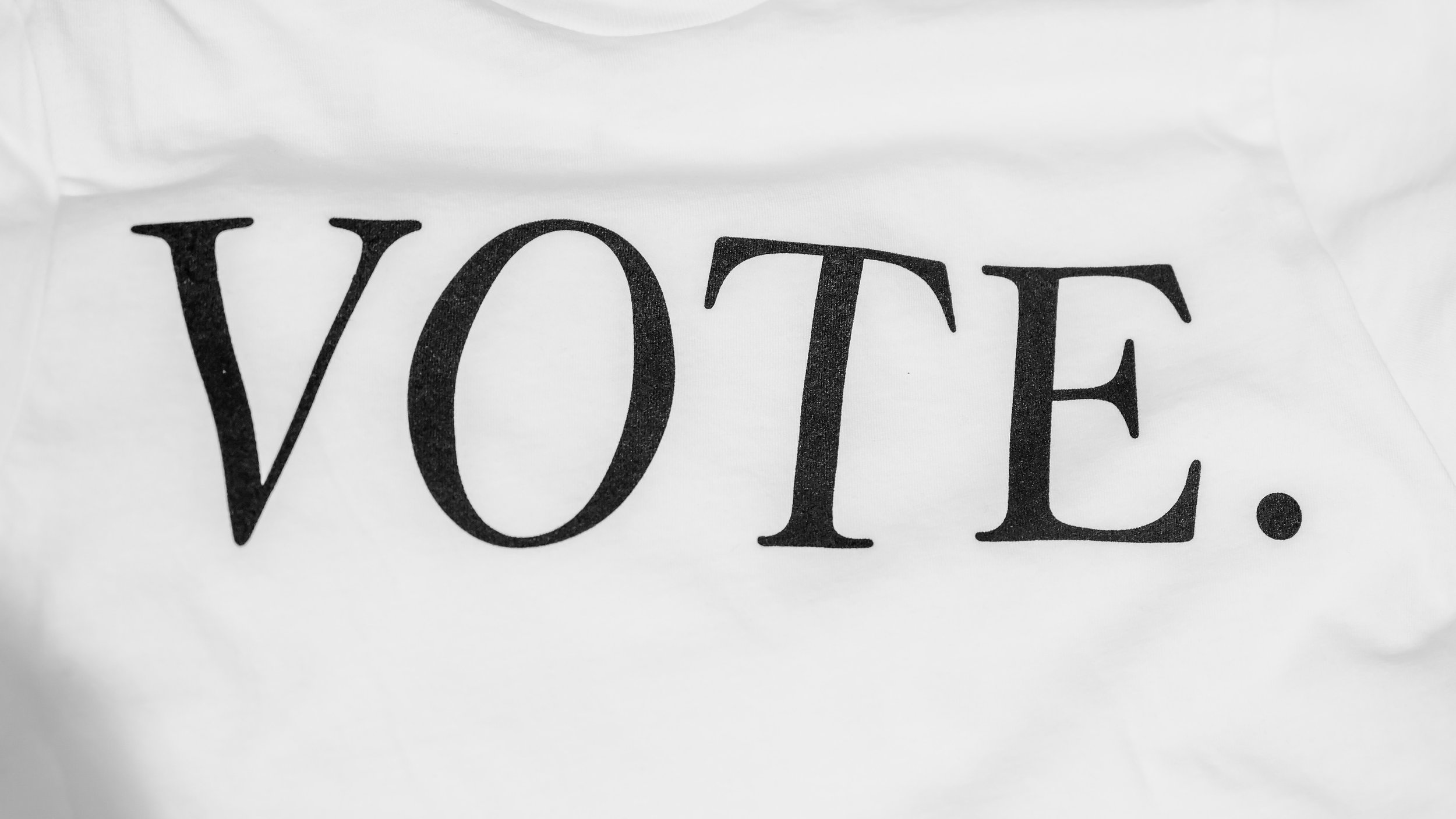
Images: Unsplash.com
All that said, it’s hard to find time to even read through the voter’s pamphlet, and who actually likes getting those mailers ten times a week anyway? It can be hard to find time to research the best candidate to vote for according to your values and what you want to see for our local area (and the threat of false information doesn’t make it any easier).
To help with that, here are some (hopefully) helpful things to keep in mind :
Whatever candidates submit to be included in the voter pamphlet we receive with our ballots is what’s printed. No one goes in and does a spell check, or even verifies if what the candidate submitted is the truth
Look at the issues. This usually involves going to their websites and looking at the candidate’s issues section, but it can also include reading or listening to interviews and speeches at events. Do they just blame others? Do they have a clear strategy and goal? Do they just share general phrases that may sound a certain way but don’t really mean anything? You can draw your own conclusions from whatever approach the candidate is using, but it gives you an idea of how they will approach the problems facing our city and county.
Check out who’s endorsing who (and, if you want to go that extra step, why). This can include labor unions, non-profits, other elected officials, and other organizations active in our community. There’s a chance that you’ll be familiar with some of these and, even if you have to do one or two checks to learn more about the endorser, you can usually get a sense of whether or not they represent your same (or at least similar) values.
You can reach out to candidates. This is one of the coolest differences between a local election and a federal one - we have (more-or-less) direct access to our candidates! They may be your neighbor, they may shop at the same grocery store as you, they may walk in the same park you do - the fact is that our local candidates are just that - local - so if you want to learn more about them from them, you can often find a phone number or email on their website (or even a local event) to do exactly that.
You’re not alone. While your ballot is 100% your own, you can learn about candidates by talking with people you trust and who know your values about the issues that mean the most to you. When I was new to civic engagement, I actively had conversations with people I trusted about local elections so I could learn more about candidates (and how I could learn more on my own the next time around).
Our ballots are being sent out on October 16th (so be on the lookout for those!) and Election Day is Tuesday, November 7th. The last day to register to vote or update voter registration information online is October 30th and the last day to register or update voter registraetion information in-person is Election Day. No matter how you vote, you have a way to track your ballot, and while the first results will be available around 8:15 PM on the 7th, we won’t have the official count completed until much later in the month.
Remember - voting is one of the best ways we can use our power as citizens to shape our communities - thank you for using your voice!

Angela Di Filippo currently works in State Social Services and recently earned her Masters in Industrial/Organizational Psychology with extensive training in evidence-based leadership coaching. Angela moved from North Carolina to Washington 6 years ago and has proudly called Everett her home for 5 of those years. When not helping others solve problems in creative and strength-driven ways, Angela enjoys her time painting, hiking with her terrier-mix, Indy, and eating waffles.
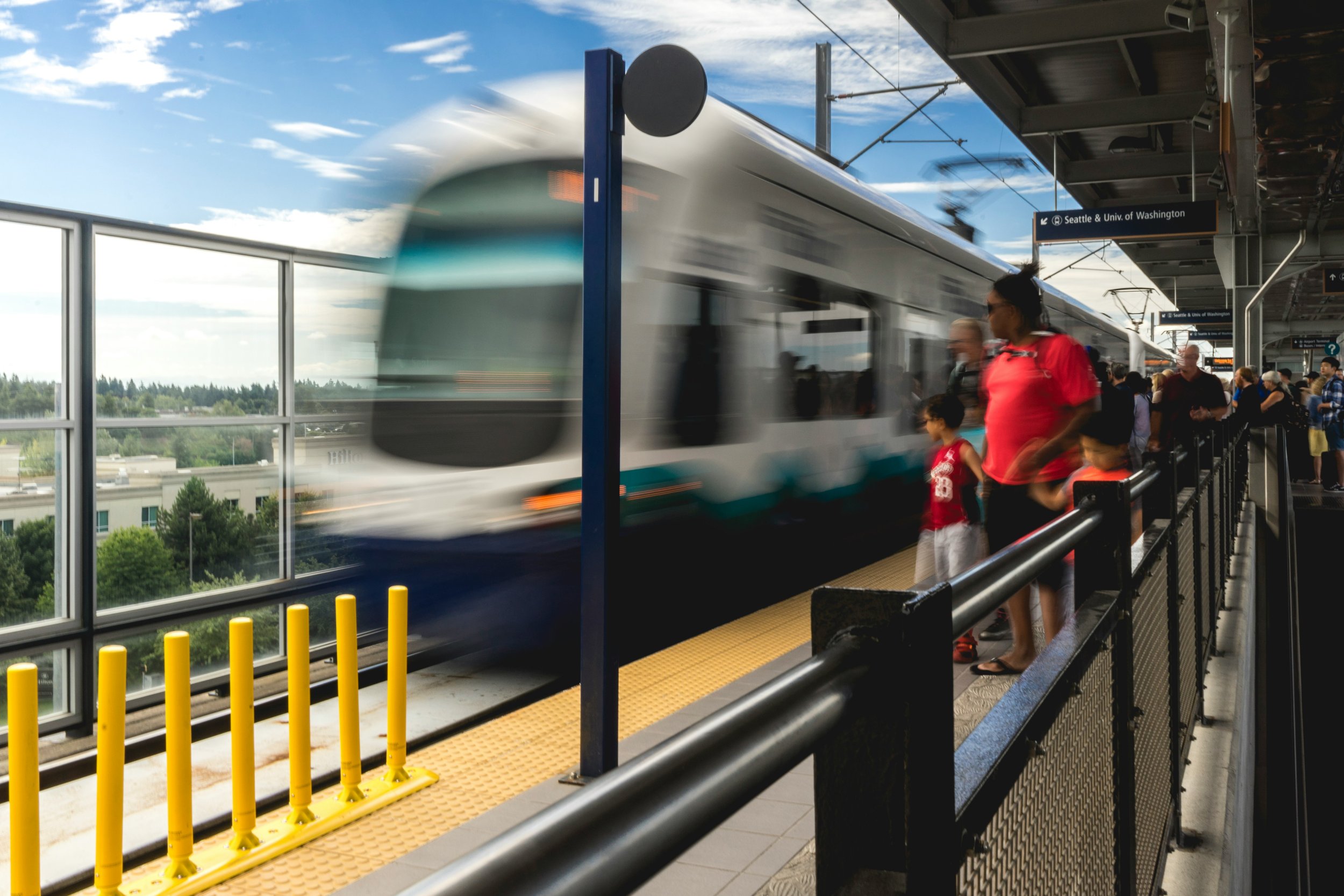
We head to one of the best Christmas light displays in the city in this spot check.
Over 50 feet tall, and it just keeps growing. This is Everett's Christmas tree.



